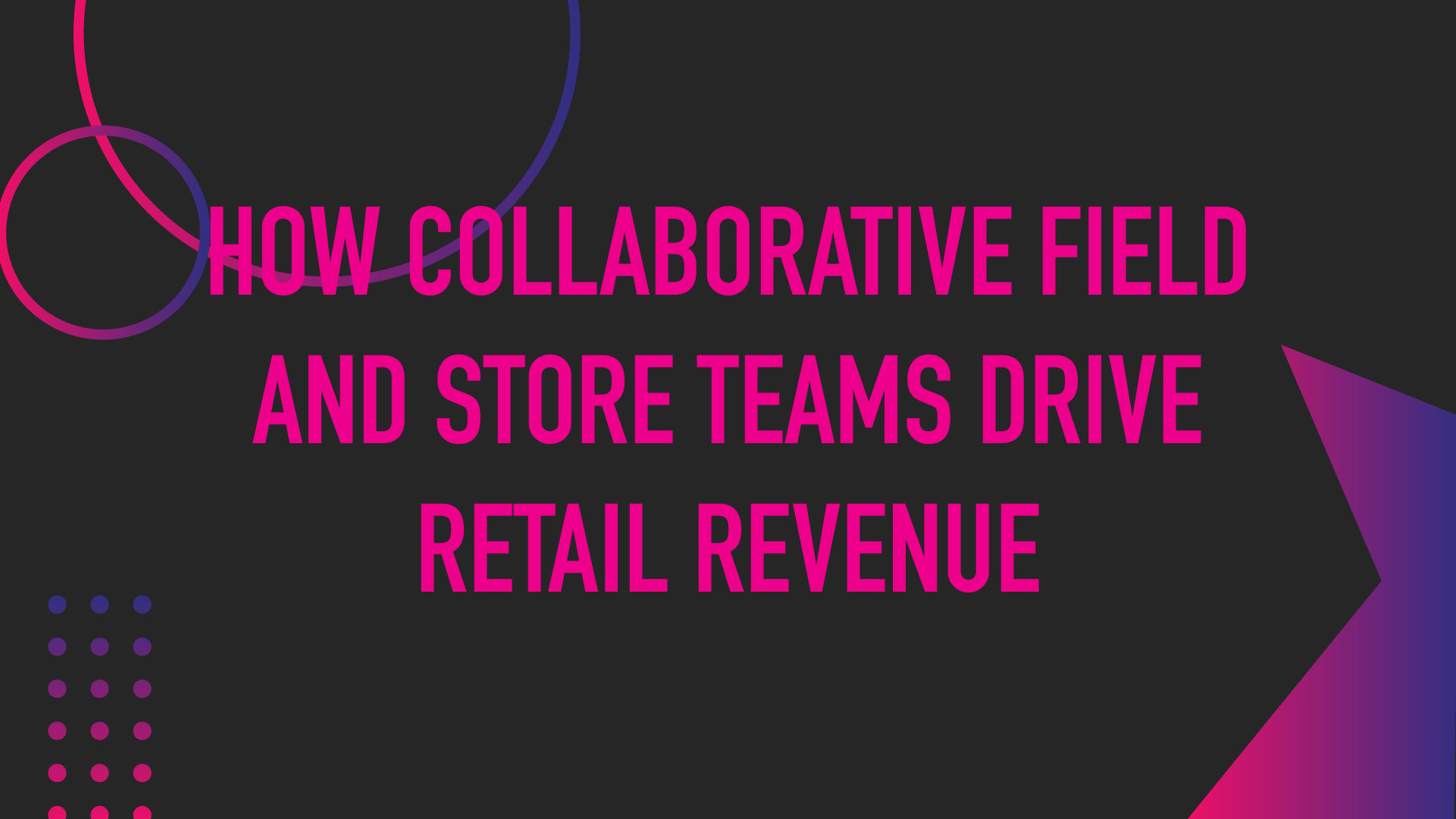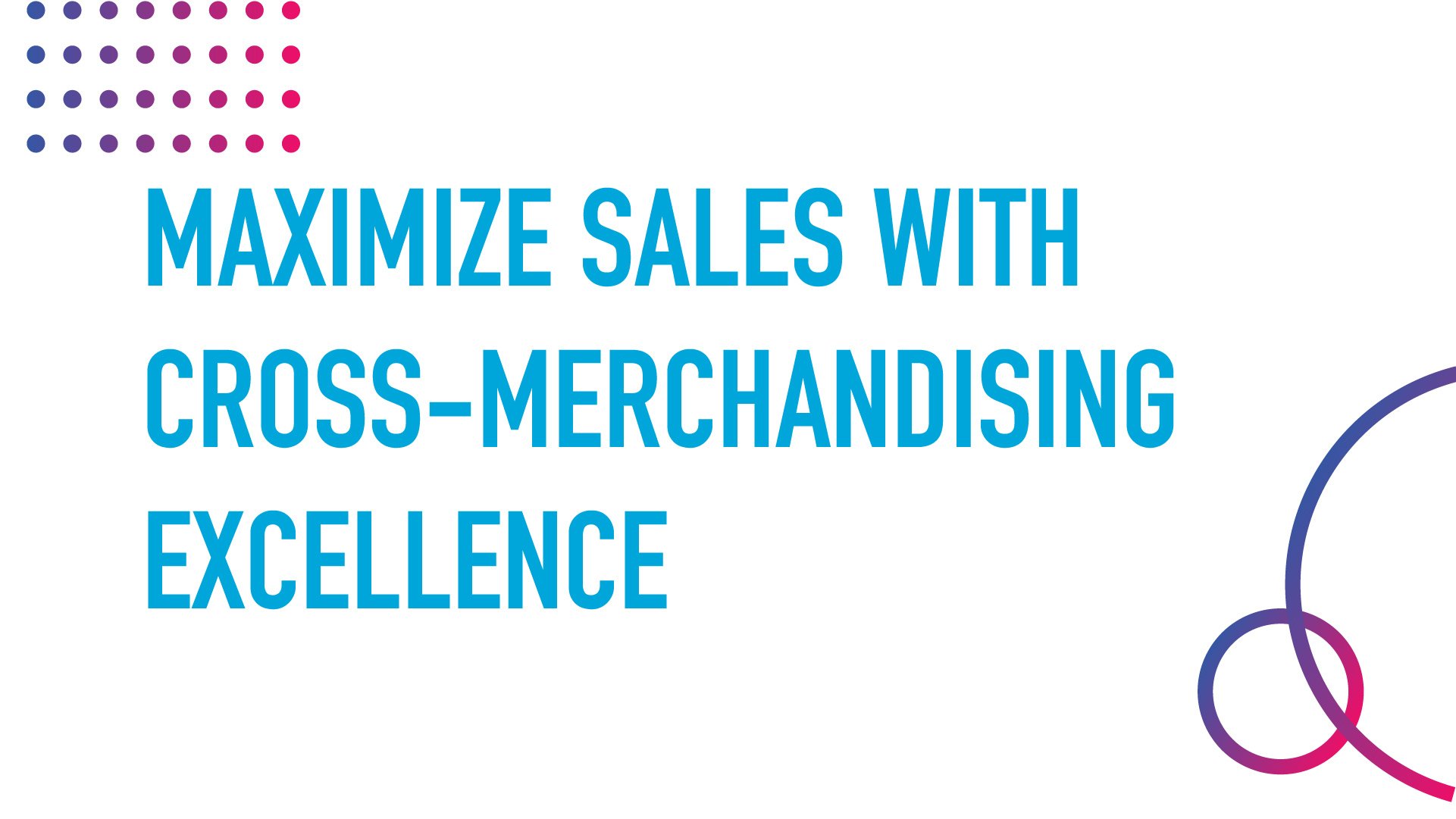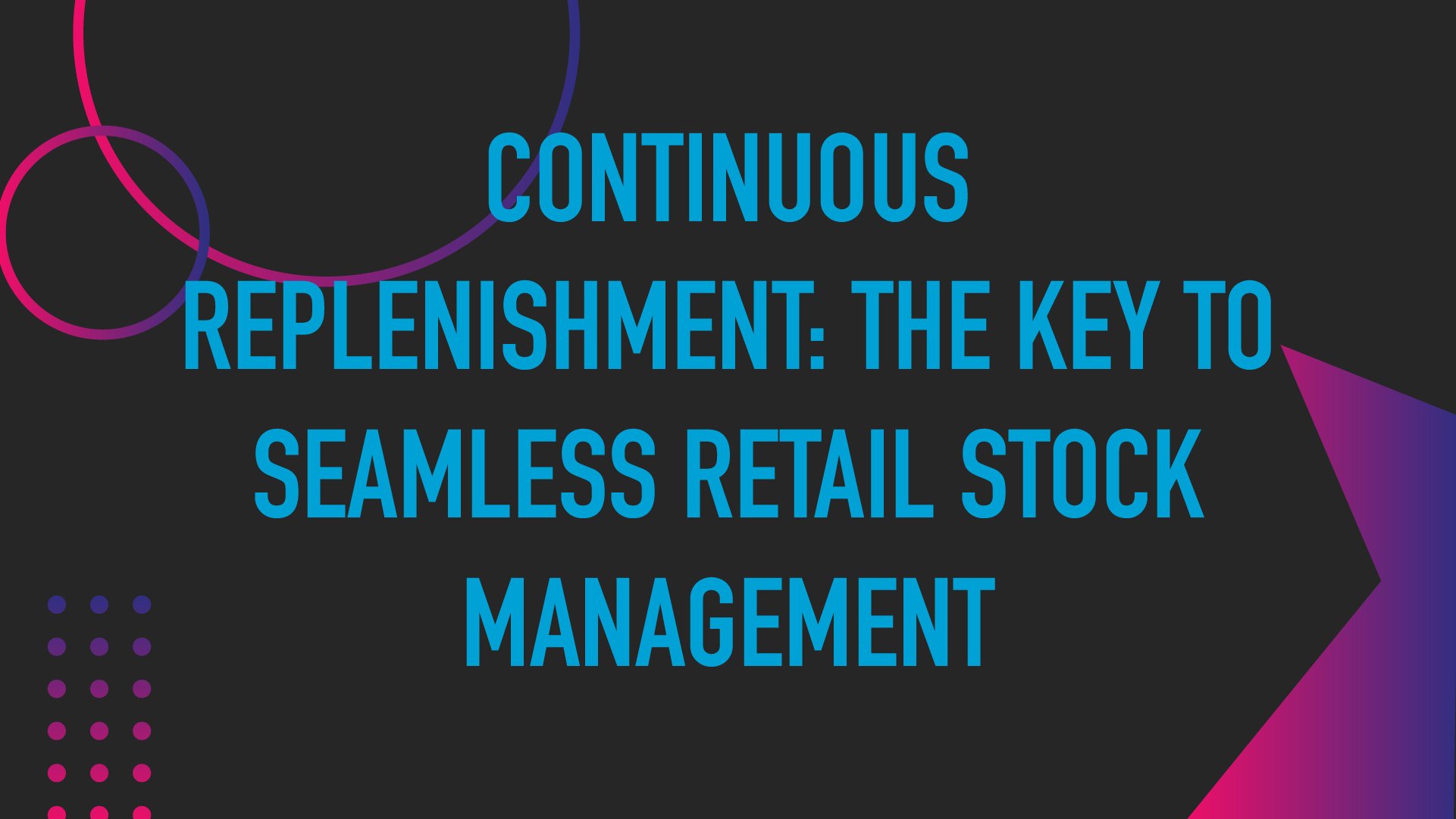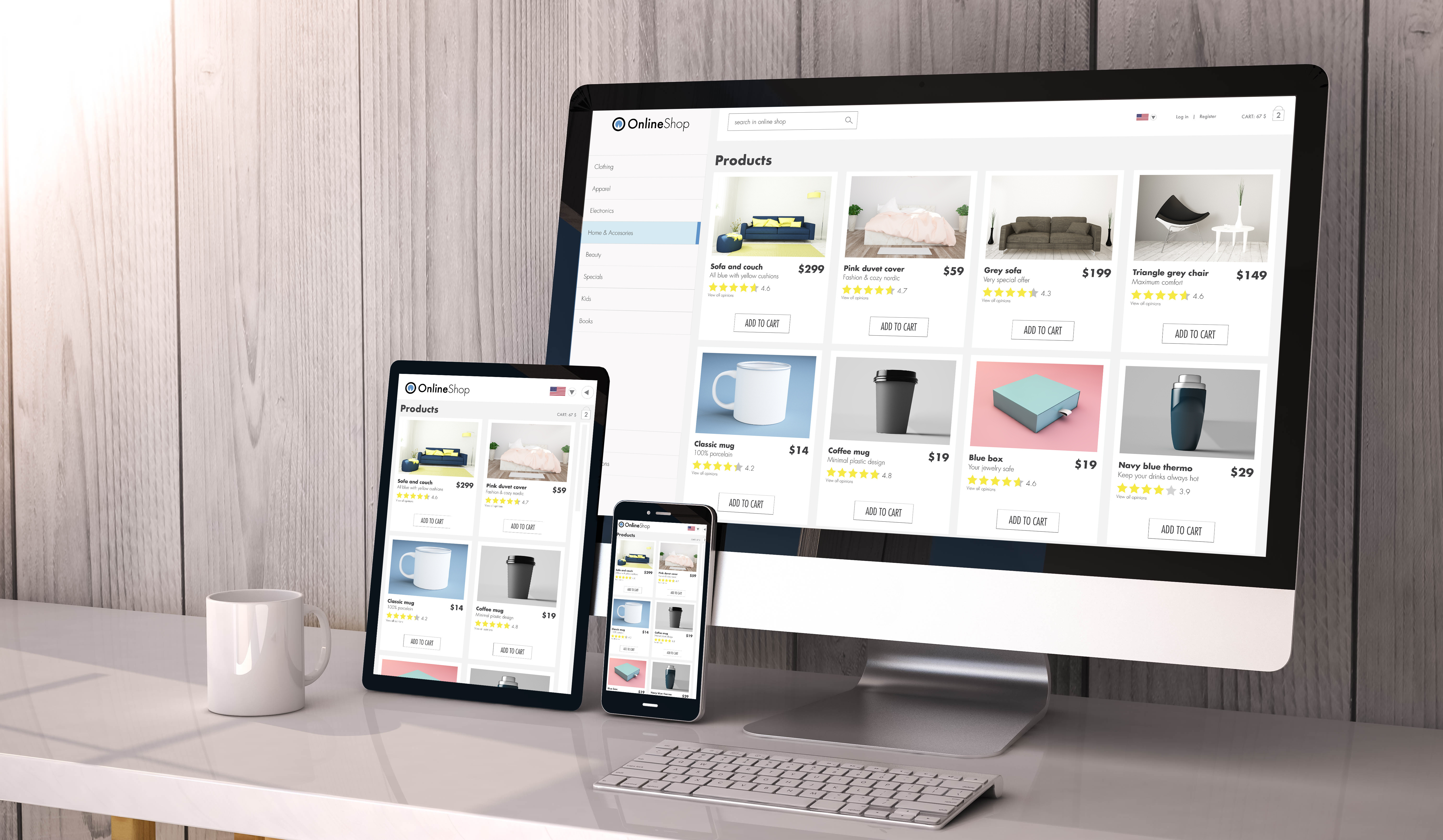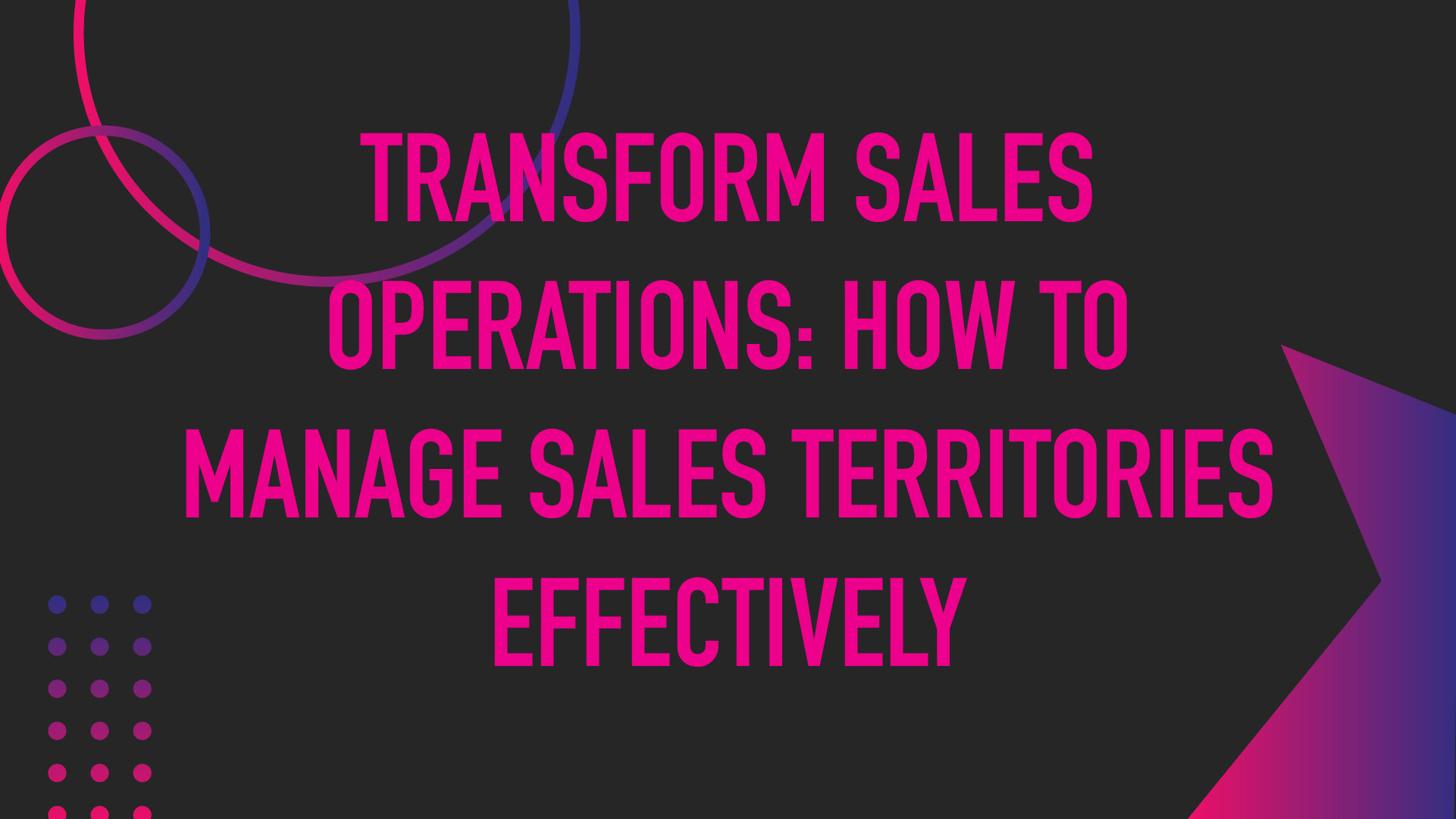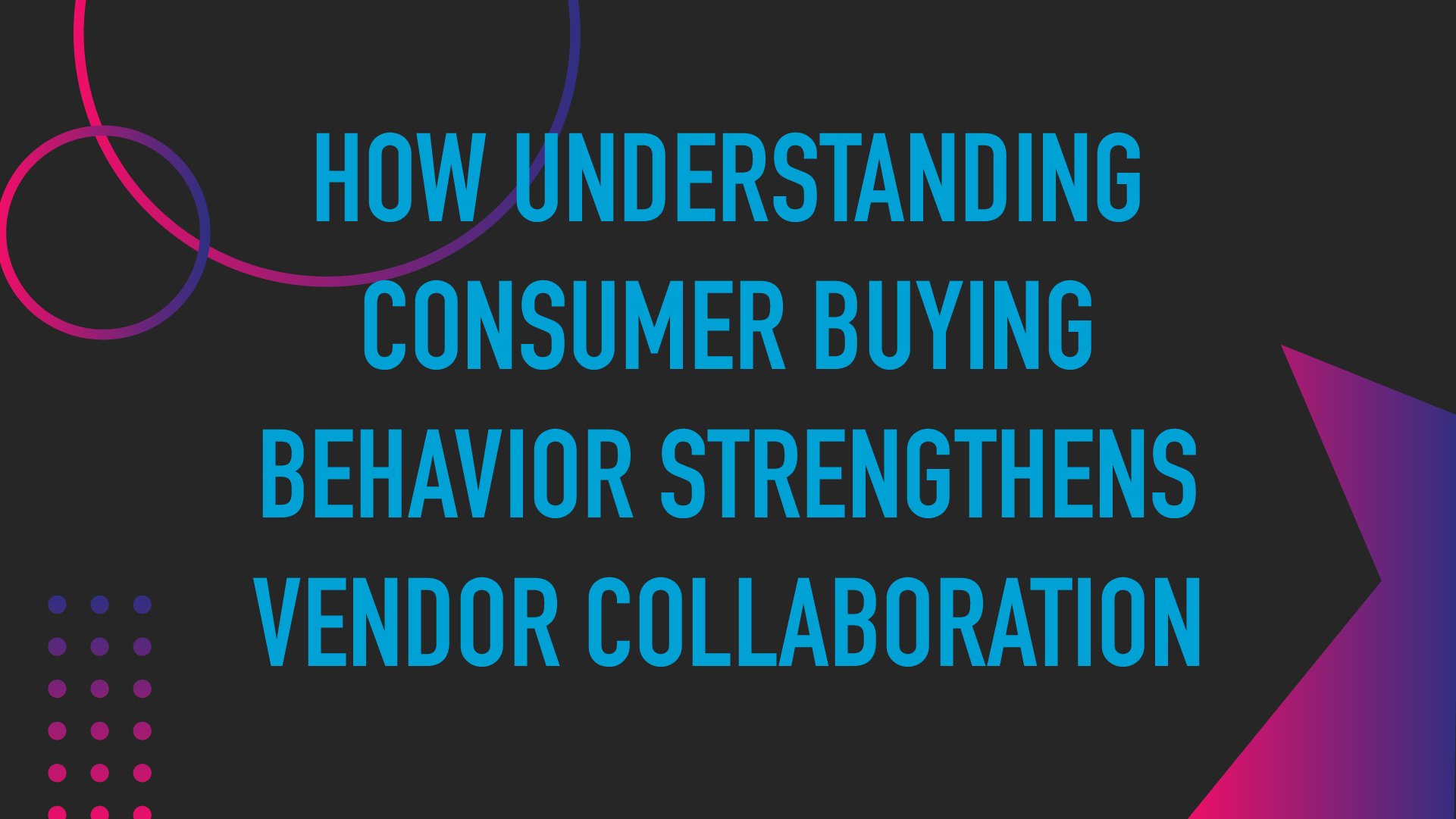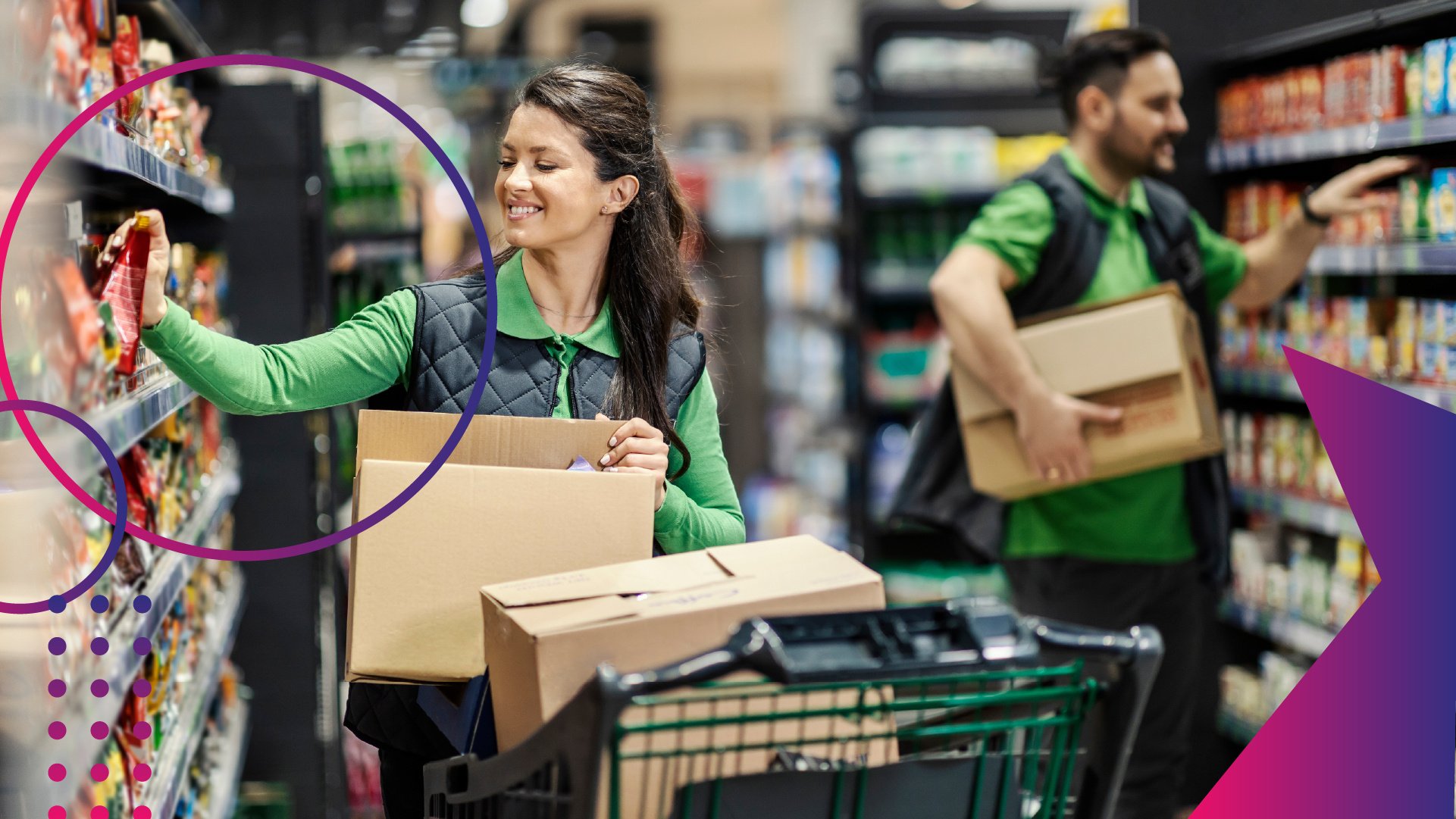New Norms in Food Safety and Compliance: Enhancing CPG Traceability with Technology


Adherence to the FDA's Food Traceability Final Rule under the Food Safety Modernization Act (FSMA) has become a cornerstone of operational strategy. This regulation underscores the importance of traceability systems that comply with stringent standards and foster transparency in the supply chain. As consumers increasingly value visibility and ethical practices, integrating technology to enhance traceability is necessary for CPG brands.
Embracing FSMA Compliance: The Critical Role of Technology in CPG Traceability
One of the primary challenges CPG companies face in food traceability is the complexity of modern supply chains. With ingredients sourced from multiple suppliers across the globe, maintaining accurate and real-time traceability data can be daunting. Advanced technologies empower CPG brands to track products with unprecedented precision, from raw materials to the end consumer. This enhanced traceability is invaluable in ensuring product quality, managing recalls effectively, and meeting the growing consumer demand for transparency.
Advancing Traceability with Blockchain in the CPG Sector
Once primarily associated with cryptocurrencies, blockchain technology is making waves in the CPG sector. This innovative system offers a secure, transparent, and unalterable record of transactions, providing a level of traceability that was previously unattainable. CPG brands are harnessing the power of blockchain to create a comprehensive view of their products' journey from origin to retail shelves. This level of transparency not only aids in FSMA compliance but also builds consumer trust by allowing them to verify product origins and handling processes.
Brands are utilizing blockchain to track inventory with unprecedented precision, improving stock management and building trust with customers through verifiable product information simultaneously. The tamper-proof nature of blockchain significantly mitigates risks of fraud and counterfeiting within supply chains, a feature particularly valuable in industries where product authenticity is crucial, such as organic goods or pharmaceuticals.
Revolutionizing CPG Operations with AI in Retail
AI-powered systems process vast amounts of data in real-time, identifying patterns and anomalies that human operators might miss. This capability is particularly crucial for maintaining food safety standards and quickly responding to potential issues in the supply chain. AI algorithms can predict and prevent problems before they occur, significantly reducing the risk of contamination and product recalls.
The integration of machine learning is revolutionizing the CPG industry in ways that go far beyond enhancing safety protocols. These technologies can predict demand fluctuations, optimize delivery routes, and identify potential disruptions before they occur. This foresight enables CPG companies to develop contingency plans and take preemptive action, minimizing the impact of disruptions on their operations and customer satisfaction.
Building Consumer Trust with Supply Chain Transparency
Implementing these advanced technologies is revolutionizing how CPG brands manage their supply chains and ensure product safety. These tools improve compliance with regulatory requirements, boost operational efficiency, and foster consumer trust. The ability to quickly trace and isolate problematic batches minimizes the scope of recalls, protecting both consumers and brand reputation. This level of control and visibility is not just a competitive advantage but an industry necessity.
Enhanced Traceability: Blockchain creates an immutable and transparent record within the supply chain. This allows companies to track products from farm to fork, enabling quick identification and isolation of quality issues or contamination sources.
Improved Product Quality and Safety: Real-time insights into the supply chain allow companies to monitor product quality and safety at every stage. This enables better inventory management, reduces the risk of stockouts, and improves overall supply chain efficiency.
Streamlined Quality Control: Smart contracts on blockchain platforms can automate quality control processes, reducing human error and streamlining workflows. These contracts can trigger predefined actions based on quality standards, ensuring consistent monitoring and enforcement of safety protocols.
Faster Response to Issues: Real-time data sharing among all stakeholders in the supply chain improves collaboration and allows for faster response to potential safety issues. This transparency helps build trust between suppliers, manufacturers, retailers, and consumers.
Reduced Scope of Recalls: The ability to quickly trace and isolate problematic batches minimizes the scope of recalls, protecting both consumers and brand reputation.
Building Consumer Trust: These technologies help build consumer trust and loyalty by providing transparency and authenticity verification. Consumers increasingly want to know where their products come from and that they are safe and authentic.
Cost Savings and Efficiency: Automating and digitizing traceability processes often lead to significant cost savings and improved operational efficiency for CPG companies.
Retail Technology Trends: Shaping the Future of CPG Traceability
As the industry moves forward, integrating advanced technologies like blockchain and AI is not just about compliance—it’s about leading the charge towards a more sustainable and transparent future. CPG brands that adopt these evolving technologies to improve their operations are well-positioned to meet the demands of an informed and conscientious consumer base, ensuring market success and a lasting positive impact on the global supply chain. As these technologies advance, their role in shaping responsive, responsible, and efficient supply chains will become even more pronounced, pushing the boundaries of what’s possible in traceability efforts.
Future traceability efforts will increasingly rely on IoT-enabled traceability. These interconnected networks of devices are revolutionizing product tracking, offering unparalleled insights into the journey of goods from manufacturer to consumer. With sensors and RFID tags, teams can now access real-time information about product location, condition, and movement as items travel through the supply chain. This level of visibility will enhance operational efficiency, enable more informed decision-making, and improve customer satisfaction.
The retail industry is also witnessing a significant shift towards enhanced product traceability through the adoption of digital product identities. This approach tracks and manages products throughout their lifecycle by assigning unique identifiers to individual items to create a digital footprint for each product via barcodes, QR codes, or digital watermarks. These identifiers are gateways to a wealth of real-time information stored in the product cloud, including crucial details about production processes, batch numbers, and ingredient lists. Implementing digital product identities will streamline supply chain operations and provide consumers with unprecedented access to product information.
Sustainability tracking is gaining traction as consumers become more eco-conscious. This shift is driven by increased customer demand for transparency and ethical practices in the retail industry. Advanced tracking systems are emerging to monitor and report key sustainability metrics, such as total carbon footprint, water usage, and fair labor practices.
The Path Forward for CPGs and Field Teams
For CPG brands and field teams, the journey toward full FSMA compliance is complex but unavoidable. As regulations tighten and consumer expectations rise, CPG brands must prioritize enhancing operational efficiency and building a loyal consumer base through demonstrated commitment to safety and transparency. By embracing cutting-edge technologies and rethinking traditional processes, companies can meet the stringent requirements set forth by the FSMA while also turning these challenges into competitive advantages. This shift secures compliance and positions brands as leaders in a market that increasingly values safety, transparency, and responsibility. Now is the time for action—to adapt, innovate, and lead in the new era of food safety and transparency.
Want to understand how the Food Traceability Final Rule impacts your merchandising strategies? Download Movista's whitepaper "Beyond Compliance: Understanding the Impact of Food Traceability Final Rule on Merchandising Teams."
This resource is packed with insightful analysis and actionable strategies that can help your team not only comply with stringent regulations but also use these mandates to strengthen your market position. Enhance your understanding and harness the power of technology to boost transparency and consumer trust. Download your copy today! and transform compliance challenges into opportunities for growth.
featured content
featured content
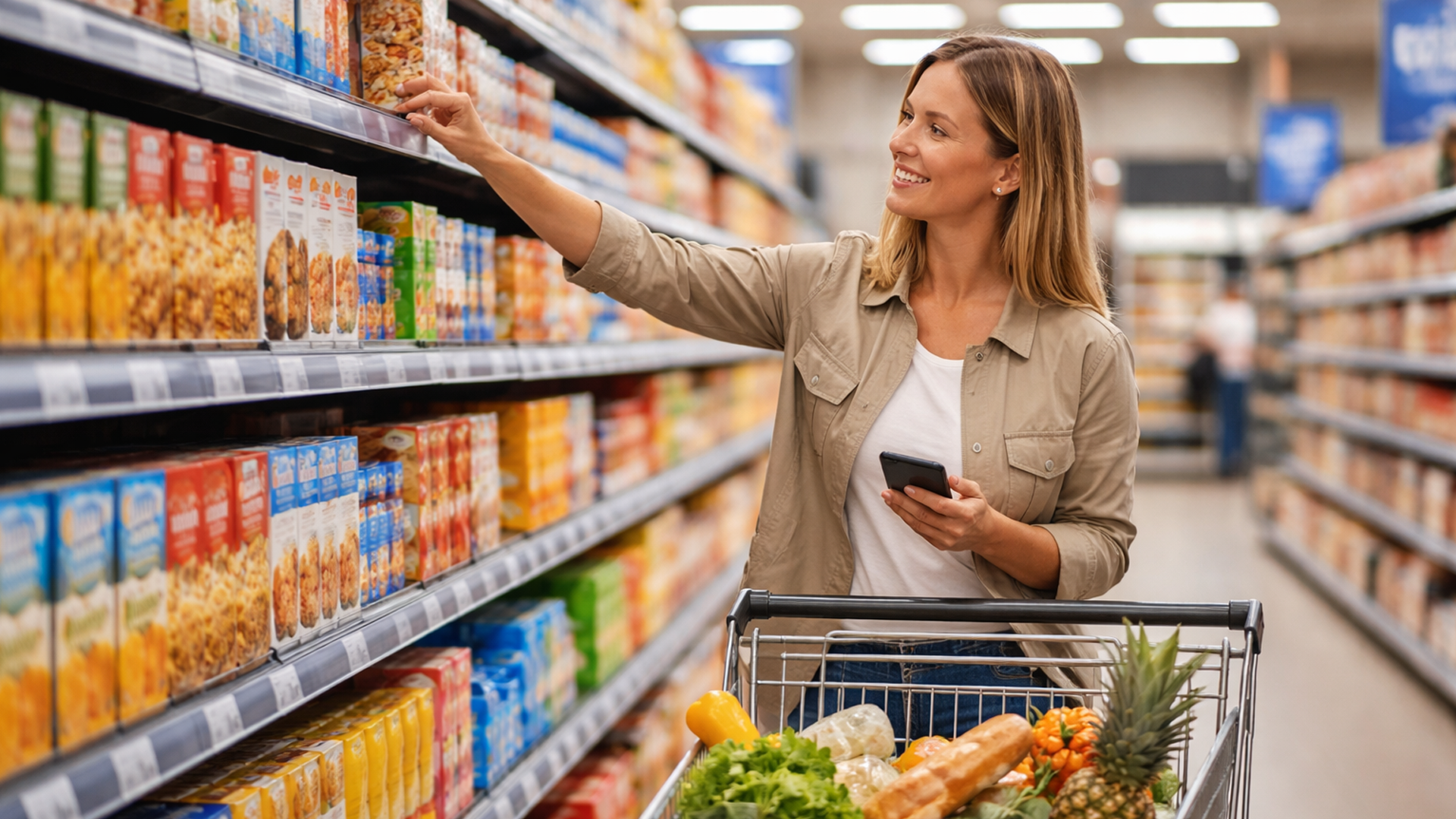
The Importance of On-Shelf Availability in Retail: Why Keeping Items Stocked is Critical for Competitiveness in 2026
Learn why on-shelf availability is critical in today's retail store environment

